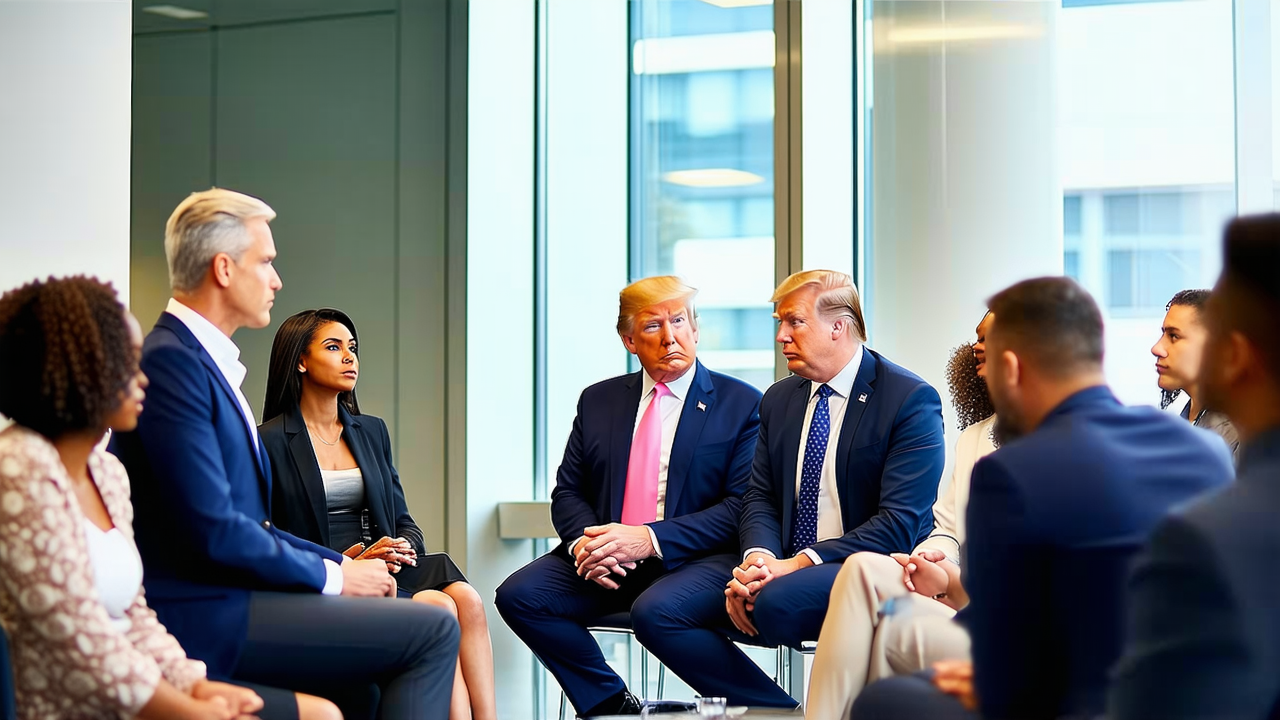Are Our Politicians Safe from Threats and 'Free to Lead'?
Are Our Politicians Safe from Threats and 'Free to Lead'?
A panel discussion highlights the growing challenges faced by MPs in the digital age.
Online abuse has become an increasingly common part of the job for many politicians, according to a recent panel discussion hosted by the Ministry for Women. The event marked the launch of the Free to Lead campaign, which aims to address the growing concerns about the safety of our elected officials in both the digital and physical realms.
MPs from across the political spectrum, including Labour and National, shared their experiences of online harm and how it is reshaping the political landscape. For many, the internet has become a battleground where personal attacks, disinformation, and even threats are increasingly common — a stark contrast to the relatively more traditional forms of criticism that politicians faced in the past.
Labour MP Duncan Webb and National MP Greg Fleming both noted that while they have experienced online abuse, it has often been less personal and more focused on their political views. However, they also acknowledged that this is not the case for all MPs, particularly women, who face a disproportionate level of harassment and abuse.
Gendered Dynamics and Disinformation
National MP Nancy Lu shared a personal experience of disinformation being spread about her marriage during an election campaign. She explained that it was difficult to combat these claims, as there was no clear mechanism to address them in the public sphere. “We don’t have a way to fight back,” she said. “It’s not like I can just stand up in front of Parliament and have a press conference to make it clear.”
Labour MP Ingrid Leary highlighted a global trend of increased harm being directed at women in politics, both online and in person. She referenced incidents in other countries, such as a female MP in Sri Lanka being targeted with threats of fire and a woman in the UK being shot. These examples underscore the growing risks that female politicians face, both at home and abroad.
The Role of Political Culture
Greg Fleming suggested that the adversarial environment within Parliament itself may be contributing to the normalization of toxic behavior. “We are culture makers,” he said. “Sometimes we have more effect at making culture than we do at making legislation.” He called for a greater focus on “playing the ball, not the man” to prevent the legitimization of harmful conduct.
Leary echoed this sentiment, emphasizing the importance of individuals managing their own value systems and how they conduct themselves online. “Some of the behaviors we see could be contributing to the vitriol being hurled at politicians,” she noted, adding that people may not always recognize that some of this online activity is “theatre” rather than real life.
Protecting MPs: A Work in Progress
The responsibility for the safety of MPs lies with the Parliamentary Service, which has been working to improve measures in place during this parliamentary term. Chief Executive Rafael Gonzalez-Montero stated that there has been an increase in the volatility of the threat landscape, both online and in the physical world.
Currently, the Parliamentary Service collaborates with the police when an MP is threatened, but Gonzalez-Montero admitted that it is difficult to act in advance. “Unfortunately, we are the ambulance at the bottom of the cliff,” he said. However, the agency is exploring ways to prevent bullying and harassment online, including risk assessment services for MPs attending community events.
A review of Parliament’s wider security system is also in the works, which will include both physical and cybersecurity measures to identify blind spots and improve protection for MPs and their staff.
Conclusion
As the political landscape continues to evolve, the safety and well-being of our elected officials remain a pressing concern. The Free to Lead campaign represents an important step in addressing these challenges, but the conversation must continue — not only within Parliament but across society as a whole. Protecting our politicians means protecting the democratic process itself.
Are our politicians truly free to lead, or are they being held back by a culture of online abuse and harassment?
